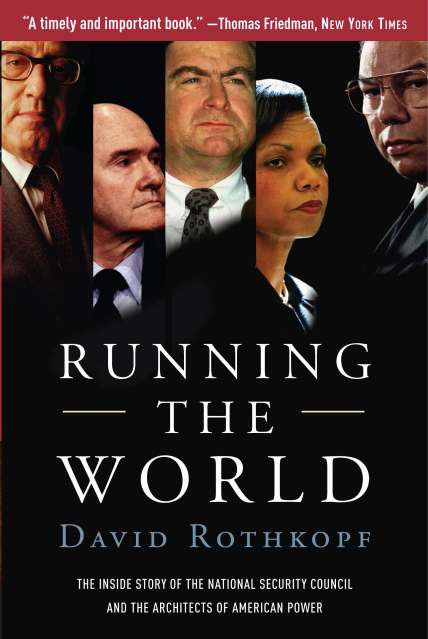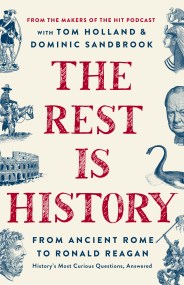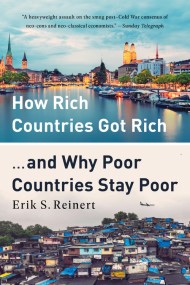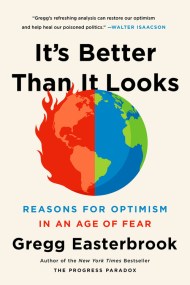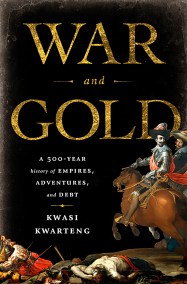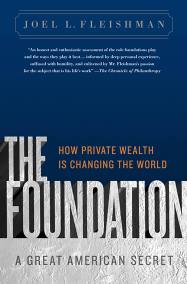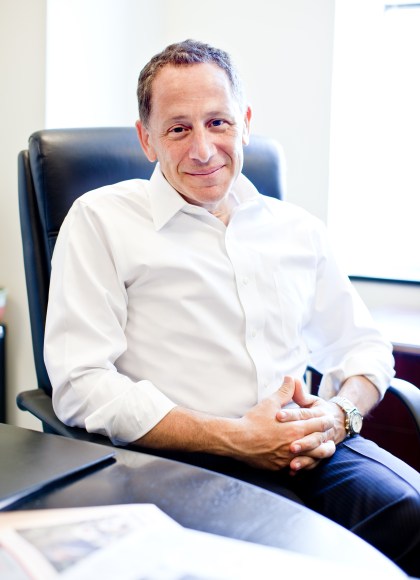By clicking “Accept,” you agree to the use of cookies and similar technologies on your device as set forth in our Cookie Policy and our Privacy Policy. Please note that certain cookies are essential for this website to function properly and do not require user consent to be deployed.
Running the World
The Inside Story of the National Security Council and the Architects of American Power
Contributors
Formats and Prices
- On Sale
- Apr 28, 2009
- Page Count
- 304 pages
- Publisher
- PublicAffairs
- ISBN-13
- 9780786736003
Price
$12.99Price
$16.99 CADFormat
Format:
- ebook $12.99 $16.99 CAD
- Trade Paperback $21.99 $28.99 CAD
This item is a preorder. Your payment method will be charged immediately, and the product is expected to ship on or around April 28, 2009. This date is subject to change due to shipping delays beyond our control.
Buy from Other Retailers:
A former senior official in the Clinton Administration himself, David Rothkopf served with and knows personally many of the NSC’s key players of the past twenty-five years. In Running the World he pulls back the curtain on this shadowy world to explore its inner workings, its people, their relationships, their contributions and the occasions when they have gone wrong. He traces the group’s evolution from the final days of the Second World War to the post-Cold War realities of global terror — exploring its triumphs, its human dramas and most recently, what many consider to be its breakdown at a time when we needed it most.
Drawing on an extraordinary series of insider interviews with policy makers including Condoleezza Rice, Colin Powell, Henry Kissinger, senior officials of the Bush Administration, and over 130 others, the book offers unprecedented insights into what must change if America is to maintain its unprecedented worldwide leadership in the decades ahead.
Genre:
Newsletter Signup
By clicking ‘Sign Up,’ I acknowledge that I have read and agree to Hachette Book Group’s Privacy Policy and Terms of Use
